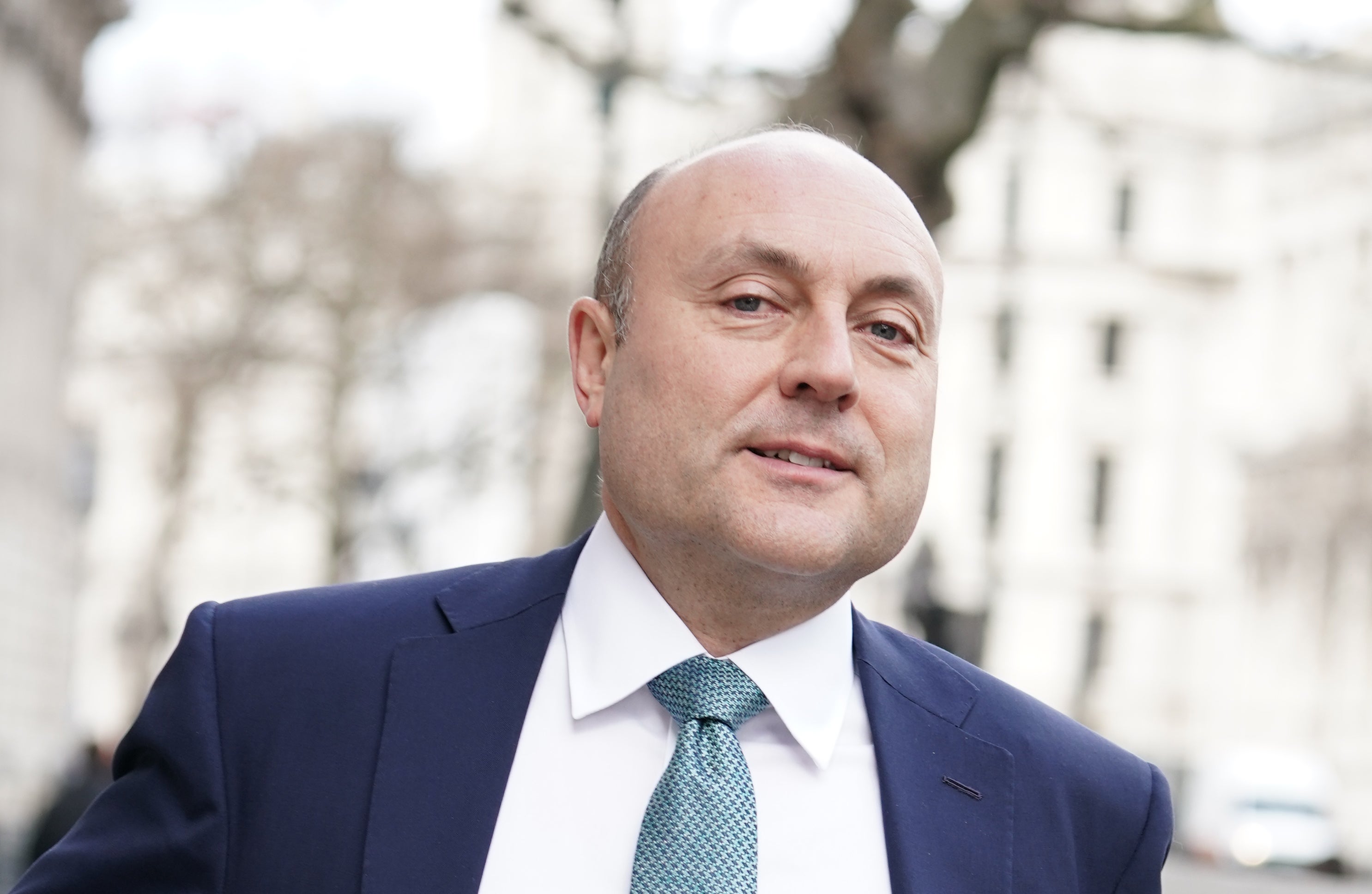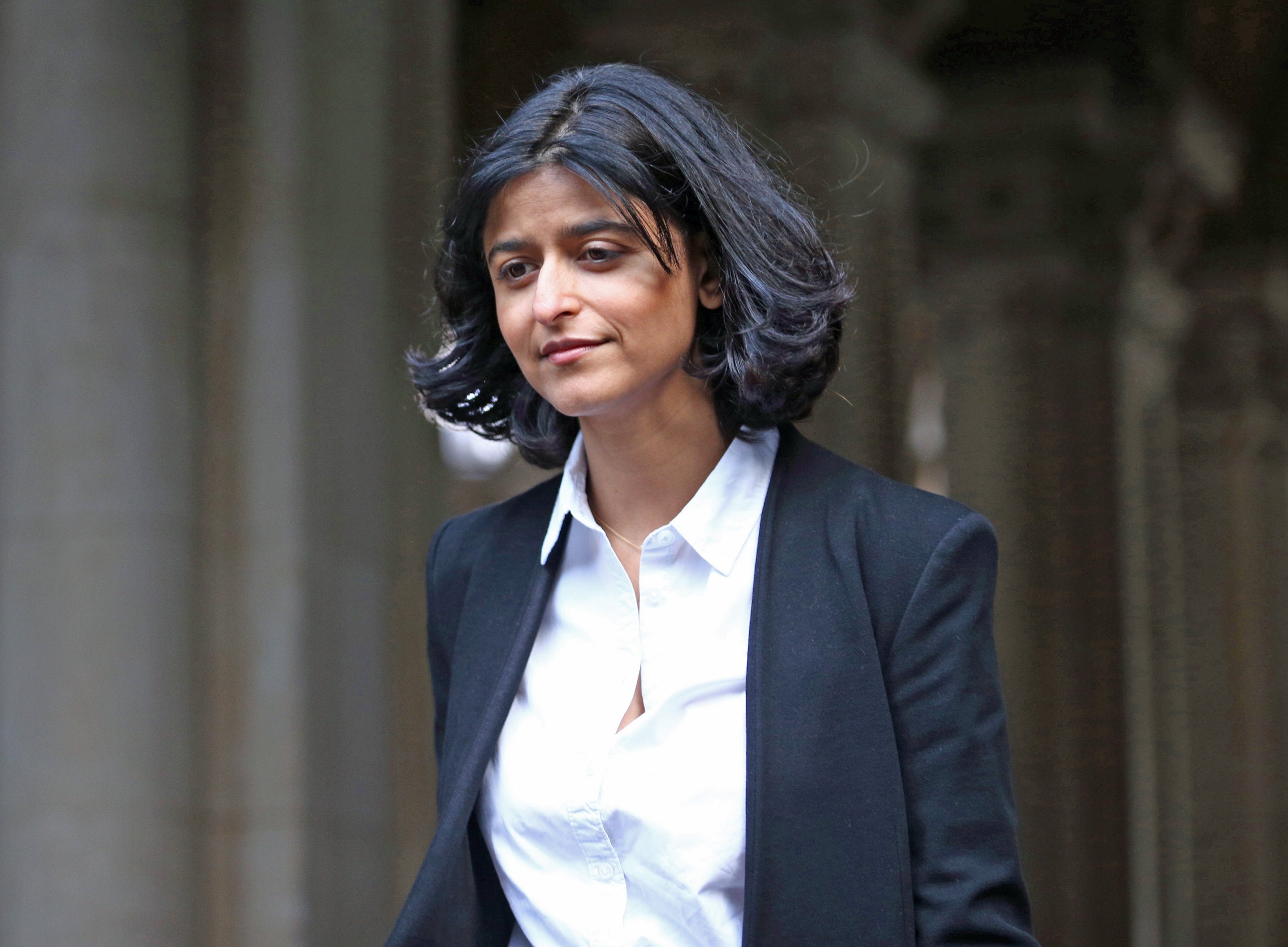
The PM’s new director of policy has said he wants to “rapidly” return the Tories to a position where they can cut taxes, as he set out his priorities for the role.
Andrew Griffith the MP for Arundel and South Downs, was appointed head of the No 10 policy unit last week following the departure of Munira Mirza one of Boris Johnson’s most loyal and longstanding advisers.
Ms Mirza quit on Thursday with a damning letter criticising Mr Johnson for his use of a “scurrilous” smear against Labour leader Sir Keir Starmer, over the failure to prosecute Jimmy Savile.
Writing about his plans for the policy chief job in Conservative Home, Mr Griffith said he wants to “return rapidly to the point when we can cut taxes to let everyone keep more of their own money”.
In today’s complex, competitive and dynamic environment it’s a fallacy to control everything too tightly from the centre
He also said he wants to boost backbenchers’ involvement in matters of policy.
But he said “decisions are usually taken best close to where their impact is felt”, and “high-performing departments should expect a light touch approach, freeing up bandwidth for deeper interventions elsewhere”.
Mr Griffith said his “top priorities” involve tackling the NHS backlog, reducing the cost of living and controlling the country’s borders, as well as getting the Tories back to a place where they can cut taxes.
“You would not know it from the media headlines, but families want to hear about our plans to grow employment, tackle the NHS backlog, control our borders, make their streets safer, bring down the cost of living and return rapidly to the point when we can cut taxes to let everyone keep more of their own money – all policies that are rooted in strong Conservative values,” he wrote.
“As the Prime Minister’s director of policy, these are my top priorities together with delivering the tangible opportunities from Brexit that will allow our economy to be more competitive and the reform of government to deliver better public services.

“Whilst the policy unit’s remit is to advise the Prime Minister across the widest breadth of government policy, we will be unafraid to ruthlessly focus on the key issues. It is ultimately outputs that matter.”
He also reiterated the PM’s plans to re-establish backbench policy committees.
“A large majority is a poor substitute for proper engagement between ministers, No 10 and backbench colleagues who in many cases possess decades of relevant experience,” he wrote.
“The 1922 backbench policy committees – one covering each major Government department – will form just one part of changes in how a sleeker No 10 operation engages with Members of Parliament.
“Ministers, too, will notice a difference. In today’s complex, competitive and dynamic environment it’s a fallacy to control everything too tightly from the centre.

“Decisions are usually taken best close to where their impact is felt, and high-performing departments should expect a light touch approach, freeing up bandwidth for deeper interventions elsewhere.”
It comes as Mr Johnson is expected to make further changes to his Downing Street operation as he tries to maintain his grip on power.
The PM made new appointments over the weekend, with Chancellor of the Duchy of Lancaster Steve Barclay becoming his chief of staff and journalist and former aide Guto Harri returning as his head of communications.







